Meditation for Sleep – Your Guide to Achieving Quality Deep Sleep
Practicing daily meditation for sleep can be a great way to improve the amount and quality of deep sleep you get every night. Medical experts say that most adults need 7 – 9 hours of sleep every night.
Sleep, food and exercise are the most important pillars of good health and longevity. However, achieving deep sleep is not always as easy as it should be. A lot of factors both internal and external can interrupt the amount and quality of sleep we get.
Compromising on sleep has been linked to low levels of energy, poor mood, low levels of focus and productivity and other health issues such as high blood pressure, diabetes and even depression.
There is no denying the importance of getting enough sleep every night. If you’re struggling with falling asleep, and getting deep sleep without interruptions, meditation for sleep can be very effective to overcome it and improve your sleeping habits.
Why are you unable to fall asleep?
There are multiple factors that can interrupt your sleeping cycle and lead to difficulty falling asleep and staying asleep without being woken up often. While some of them are out of your control, others are about your habits and you can work to change them.
Below are some factors contributing to poor sleep.
1. Stress
With the amount of deadlines at work, family responsibilities and finances, most adults are leading stressful lives today. Especially if you don’t have any stress management practices in place.
Stress can lead to overthinking and worrying which tends to get worse when you’re finally in bed at night without any distractions and can keep you from falling asleep.
2. Sedentary lifestyle
Exercise is one of the most important aspects of a healthy lifestyle. It has a direct impact on how you feel and how well you sleep. Spending 6 or more hours sitting or lying down and a lack of physical movement in one’s daily life has been linked to insomnia and sleep disturbances.
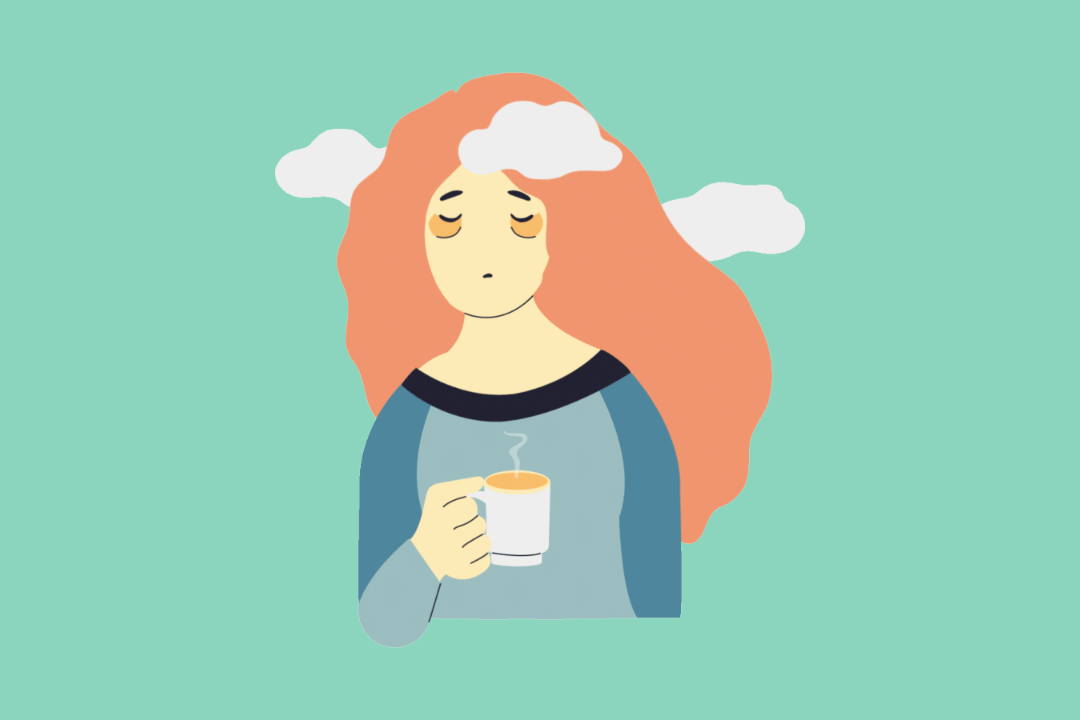
3. Caffeine intake
Ah, Coffee. Don’t we all just love the smell, taste and aroma of coffee? Coffee is not bad and has actually been linked to multiple health benefits. However, like any other thing, coffee too must be consumed mindfully.
Coffee should be enjoyed in the right quantity as well as during the right hours of the day. Experts agree that mid to late morning is the most ideal time to drink coffee to reap the most benefits out of it.
You might be more sensitive to caffeine than you think so it’s best to avoid drinking coffee from late afternoon onwards.
4. Eating habits
Food is fuel for the body. What you eat has so much influence over your health and wellbeing. Eating during the right times and the right kind of food is so important to achieve good sleep.
Eat more natural and wholefoods and limit processed foods and added sugars to improve your eating habits.
Experts say that eating your biggest meal before mid afternoon and eating a light healthy dinner can be very helpful to help you get better sleep at night.
5. Screen time
This is a poor habit that the majority of us are struggling with even without noticing. Social media and streaming services like Netflix have kept us glued to our screens well into the late nights.
The blue light emitted from electronic devices can suppress melatonin production and alter our circadian rhythms that can disrupt our sleep.
Therefore, make it a habit to turn off all screens at least an hour before bedtime and make it a habit to read a book before bed instead.
How does meditation help to improve your sleep
Meditation has been proven to improve awareness, reduce stress and overthinking and remind you to be more mindful. These 3 aspects alone can be a great support to ensure your actions and habits are in check, and give you the right mindset to deal with stress in a healthier way.
Below are some of the ways meditation can help to improve your sleep.
1. Gives you the tools to deal with pressure at work allowing you to not stress too much about it when you are out of office. In other words, you learn how to not bring your work to your home.
2. Makes you more mindful of bad habits such as eating unhealthy food, eating at the wrong times, consuming too much caffeine, not getting enough sleep, too much screen time and a sedentary lifestyle. This allows you to take action to change your eating, exercising, social media and sleeping habits.
3. Meditation rewires your brain overtime to see things more clearly, approach stress and challenges with a more calm and composed mindset and reduce unnecessary worrying which can help you quiet your mind when you’re about to sleep.
4. Guided meditations for sleep may consist of repeated mantras, breathing techniques, relaxation techniques, and guided imaginative scenarios that can help you calm down, and relax your mind and body, preparing you for a good night’s sleep.
5. Meditation can ignite the parasympathetic nervous system and lower the heart rate which reduces the pace of breathing improving your chances of a better, deeper sleep.
What does the Research say?
There has been multiple research and studies conducted by some top scientific and medical institutes on the effects of meditation and mindfulness on sleep. Below are some of the most convincing studies that make it very clear that meditation can help improve your sleep.
1. In this research conducted by JAMA, two groups of older adults with sleep disturbances underwent a 6 week research. Group one was doing mindfulness aware practices while group two was doing sleep hygiene practices. The results were remarkable. Group one showed much more improvements compared to group two after the 6 week period.
2. In this research by Complementary Therapies in Clinical Practice to study the use of meditation in healthcare professionals, subjects were split into two groups. A meditation group and a controlled group. The meditation group attended a yogic meditation class for 8 weeks. At the end of 8 weeks, the meditation group showed amazing improvements in their sleep latency suggesting that yogic meditations were an effective tool in improving sleep for stressful professions such as health care.
3. In this study conducted by the International Academy of Suicide Research, 64 college students with high suicide ideation was divided into 2 groups. A Brief mindfulness meditation group (BMM) and a control group. The BMM group went through core mindfulness concepts for the research period. Post-intervention, the BMM group showed significant reduction in both suicidal tendency and sleep latency with improved sleep efficiency.
How can you meditate to fall asleep faster?
If you’re struggling with getting good sleep, meditation alone may not solve the problem for you if all your other habits are still coming in the way.
However, starting a meditation practice can tremendously help you get everything else in order as well. So how can you start?
I recommend starting with an evening meditation after a nice warm shower before bed. If you’re completely new to meditation, then the best option would be to start with a guided meditation specifically designed to enhance sleep.
You can either sit down in a comfortable position or sit cross legged and do your practice. Just make sure that you are able to do it in a place without distractions and as quiet as possible. Ideally, the room should be a little dark to make it easier on your eyes.
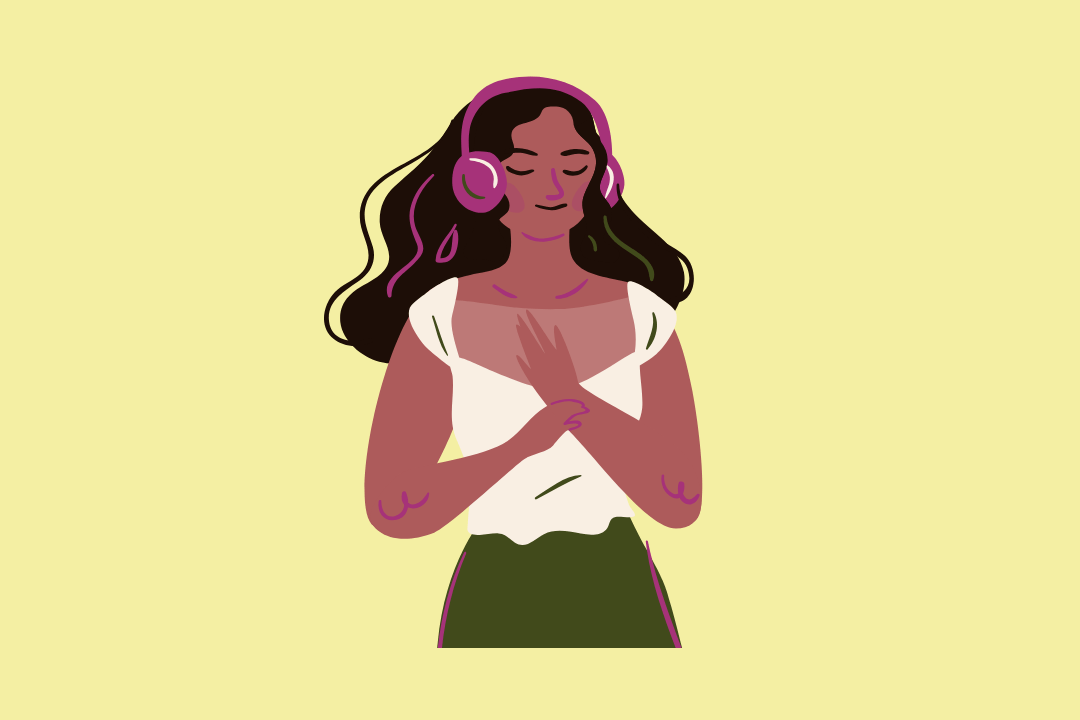
Guided meditations to help you fall asleep
1. 10 minute meditation by goodful
In this 10 minute guided meditation for sleep by goodful, mindfulness teacher John Davisi guides you to complete stillness and relaxation allowing you to let go of whatever you’re holding onto in your mind. This meditation can help you to ground yourself and get a good night’s sleep.
2. Guided 20 minute sleep meditation by Great Meditation
In this meditation for sleep, the soothing voice of the meditation teacher takes you into a deep state of relaxation and restfulness allowing you to fall asleep before the meditation is over. This meditation has helped so many people fall asleep faster and some people have said that it has completely changed their sleeping habits.
3. Guided Mindfulness meditation on Sleep by Mindful Peace
This 20 minute guided meditation is designed to help you fall asleep more easily and deeply. Just relax and allow the meditation guide to take you on a journey of deep relaxation and slowly fade away with the soundscape. This meditation is so powerful as it guides you to do a full body scan while your mind slowly wanders off into a state of complete calm and bliss.
Conclusion
Insomnia and difficulty sleeping is becoming more common than ever due to so many different factors today such as the corporate pressure and lifestyle choices. And not getting enough sleep can impact your life in such a negative way.
I hope this post has helped you to understand the causes of difficulty falling asleep, and motivated you to change what you might be doing wrong along with some amazing guided meditations to help you overcome it.
With the right mindset and willpower, you can find a healthy sleep cycle and improve your overall quality of life again. I would love to hear your experiences in the comments below.

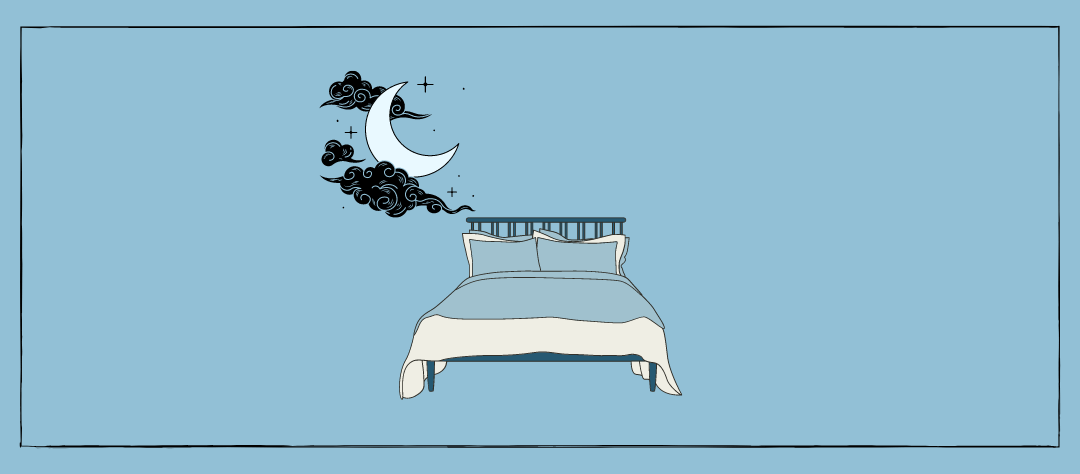







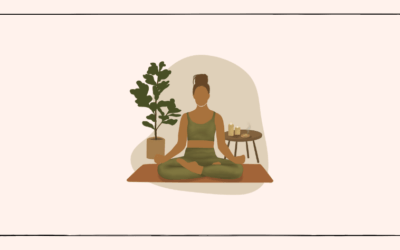
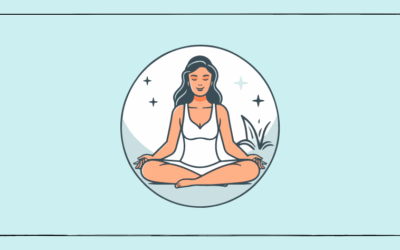
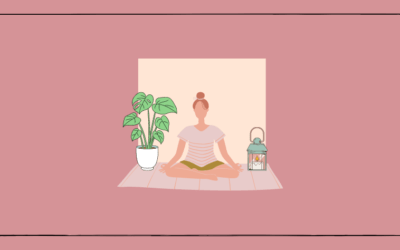
0 Comments